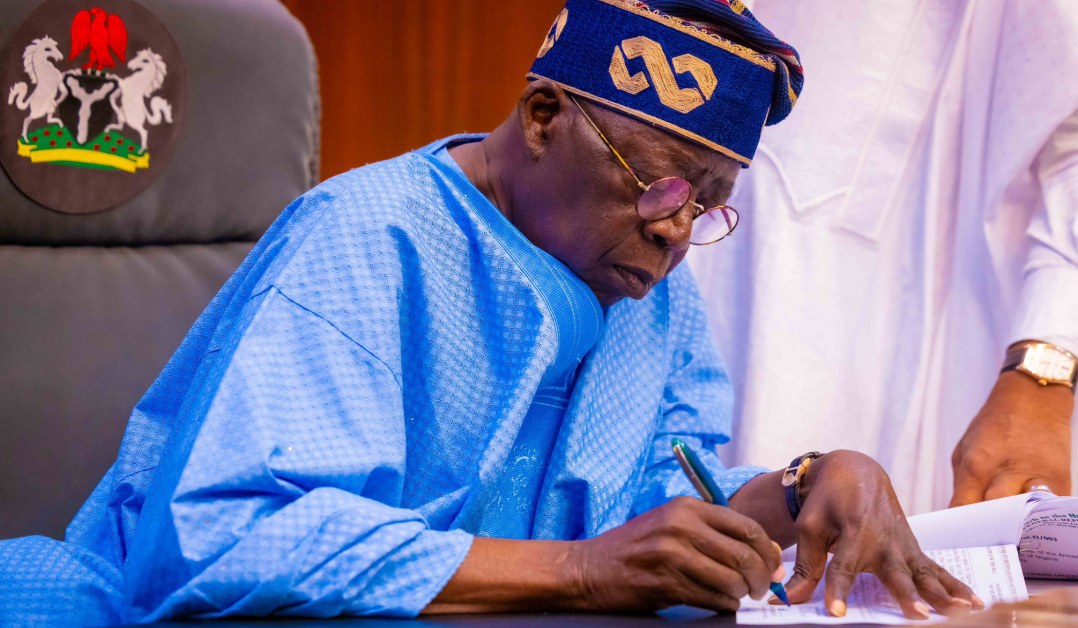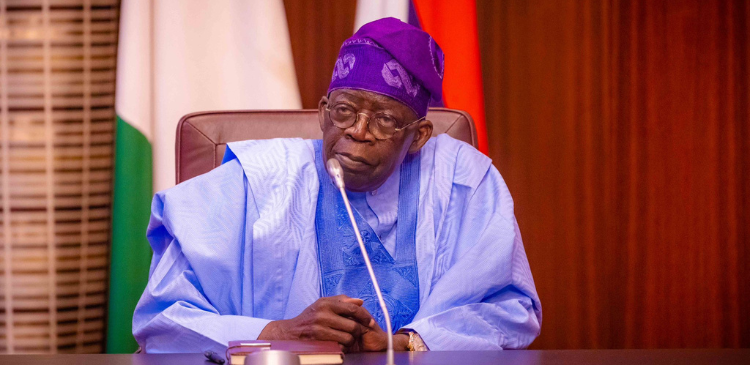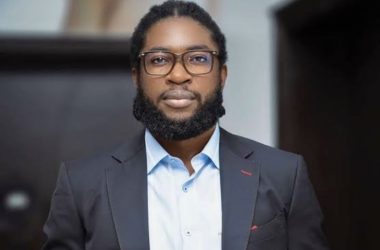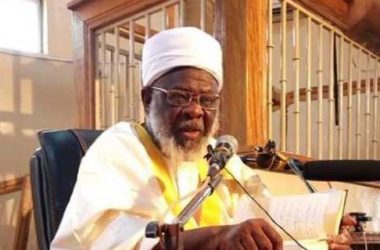In Nigerian politics, the name Tinubu carries significant weight. From being a prominent politician to becoming the President of Nigeria in 2023, Bola Ahmed Adekunle Tinubu has made a lasting impact on the country’s political landscape.
In this comprehensive post, we will delve into the meaning of Tinubu, his personal life, education, political ascent, and the 2023 election.
Let’s explore the journey of this influential figure and understand the significance behind the name Tinubu.
Meaning Of Tinubu
The name Tinubu is synonymous with Nigerian politics. Bola Ahmed Adekunle Tinubu, born on March 29, 1952, in the Colony and Protectorate of Nigeria, now Nigeria, is an accountant and politician who has held the presidency of Nigeria since 2023.
Tinubu’s journey in politics has been eventful, marked by successes, controversies, and a significant influence on the political landscape of the country.
Personal Life and Education

Tinubu, a member of the Yoruba ethnic group and a devout Muslim, was reportedly born in southwestern Nigeria. While many details of his early life are unclear and at times disputed, Tinubu’s journey in education and career is noteworthy. In the mid-1970s, he moved to the United States to pursue his college education while working various jobs. Tinubu attended Southwest College (now Richard J. Daley College) in Chicago, where he later transferred to Chicago State University. In 1979, he earned a B.S. in Business and Administration with a focus on accounting. After completing his studies, Tinubu returned to Nigeria in the 1980s and worked as an auditor for Mobile Oil, where he rose through the ranks.
Political Ascent and Exile
Tinubu’s political career began in 1992 when he was elected to the Lagos West senate seat as a member of the Social Democratic Party (SDP). However, his political journey faced hurdles when Nigeria’s presidential election was annulled in 1993, leading to General Sani Abacha seizing power. Tinubu became actively involved in the pro-democracy movement as part of the National Democratic Coalition (NADECO). His involvement in advocating for the return of democracy led to his imprisonment and subsequent exile in 1994. Tinubu returned to Nigeria in 1998 after Abacha’s death, marking a turning point in his political journey.
Return to Nigeria
Upon his return to Nigeria, Tinubu’s political career gained momentum. In 1999, as a member of the Alliance for Democracy (AD) party, he was elected as the governor of Lagos state. Tinubu’s tenure as governor, which lasted for two terms until 2007, was characterized by significant achievements. He implemented measures to improve the state’s finances through effective tax collection and introduced a public transportation project to address the traffic congestion in Lagos. Tinubu’s success as governor further solidified his reputation as a kingmaker and influential figure in Nigerian politics.
The Formation of All Progressives Congress
After leaving office as governor, Tinubu played a pivotal role in the formation of the All Progressives Congress (APC) in 2013. The APC, a merger of several opposition parties, presented a formidable challenge to the ruling party at the time. Tinubu’s strategic influence and support for Muhammadu Buhari as the APC’s presidential candidate in the 2015 election contributed to Buhari’s victory. Buhari served as president for two terms, with Tinubu’s support playing a crucial role in his political journey.
Tinubu’s Wealth and Controversies
Tinubu’s wealth has been a subject of speculation and controversy. As one of the wealthiest politicians in Nigeria, his financial success has raised questions regarding the source of his considerable wealth. Throughout the years, Tinubu has faced allegations of corruption, particularly during his tenure as governor of Lagos state. Some allegations even suggested his involvement in drug trafficking, leading to the seizure of funds from a U.S. bank account in his name. However, Tinubu has consistently denied these allegations and has not faced formal charges.
The 2023 Election
With President Buhari constitutionally limited to two terms, the APC selected Tinubu as their presidential candidate in the 2023 election. Running against prominent candidates such as Atiku Abubakar of the People’s Democracy Party (PDP) and Peter Obi of the Labour Party, Tinubu campaigned on addressing the increasing insecurity, economic issues such as inflation and unemployment, and infrastructure improvements. However, his campaign slogan, “Emi lokan” (meaning “It’s my turn” in Yoruba), drew criticism from some voters who perceived it as a sense of entitlement to the presidency.
Challenges and Controversies
The 2023 presidential election faced challenges and controversies. The electoral commission introduced new measures, such as relying solely on biometric data for voter verification and electronic transmission of results, to enhance the integrity of the electoral process. However, issues arose with the system’s implementation, including difficulties in uploading and transmitting results and reports of late or inaccessible polling stations, potentially disenfranchising voters. Despite these challenges, Tinubu was declared the winner of the election, although opposition candidates disputed the results and challenged them in court.
Conclusion
In conclusion, the meaning of Tinubu goes beyond a name; it represents a significant figure in Nigerian politics.
Bola Ahmed Adekunle Tinubu’s journey from a senator to becoming the President of Nigeria in 2023 has been marked by successes, controversies, and a lasting impact on the country’s political landscape.
While his wealth and controversies have drawn attention, Tinubu’s strategic influence, political achievements, and role in the formation of the APC have solidified his position as a key player in Nigerian politics.
As Nigeria moves forward under Tinubu’s presidency, only time will tell the impact and legacy he leaves behind.










